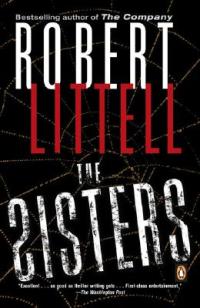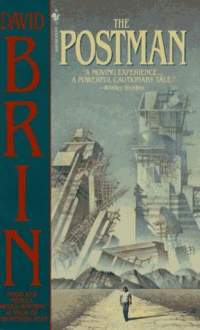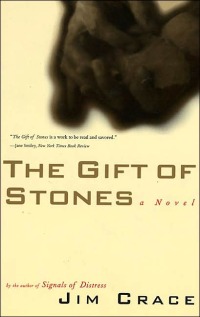The Sisters by Robert Littell
 Monday, November 29, 2010 at 11:44AM
Monday, November 29, 2010 at 11:44AM 
First published in 1986
The Sisters is one of the best of Robert Littell's novels, and the best of the four fictional accounts of a certain real world event I've read. The plot is byzantine without being confusing; the complexity is lovely and the pace at which events unfold is perfect. Unlike some of Littell's earlier works, the characters on display in The Sisters are fully realized. A synopsis would spoil the fun, so my description of the novel's contents will be brief.
The sisters Dark and Night (a line from a Whitman poem) are two odd duck CIA agents whose job is to plot. They are wonderfully quirky and so Machiavellian by nature the CIA seems a perfect place for them to roost. They’ve cooked up a conspiracy they believe to be authorized, albeit silently, by the CIA Director, and they keep it to themselves when they set it in motion. Figuring out who is working for whom (and who is betraying whom) is the novel's challenge, but the novel is worth reading for its characters, not just its intrigue. The story's portrayal of the political workings of the CIA (which might as well be the CYA) seem perfectly credible; in any event, it's a fun addition. A satisfying display of karma at the novel's end left me grinning.
The Sisters is a masterful work, a treat not just for fans of espionage novels but for any reader who enjoys good writing.
HIGHLY RECOMMENDED
 TChris |
TChris |  Post a Comment |
Post a Comment |  HR,
HR,  Robert Littell,
Robert Littell,  spy in
spy in  Thriller
Thriller 
